Table of Contents
Quality Service Guarantee Or Painting Free

Get a rental agreement with doorstep delivery

Find the BEST deals and get unbelievable DISCOUNTS directly from builders!

5-Star rated painters, premium paints and services at the BEST PRICES!
Loved what you read? Share it with others!
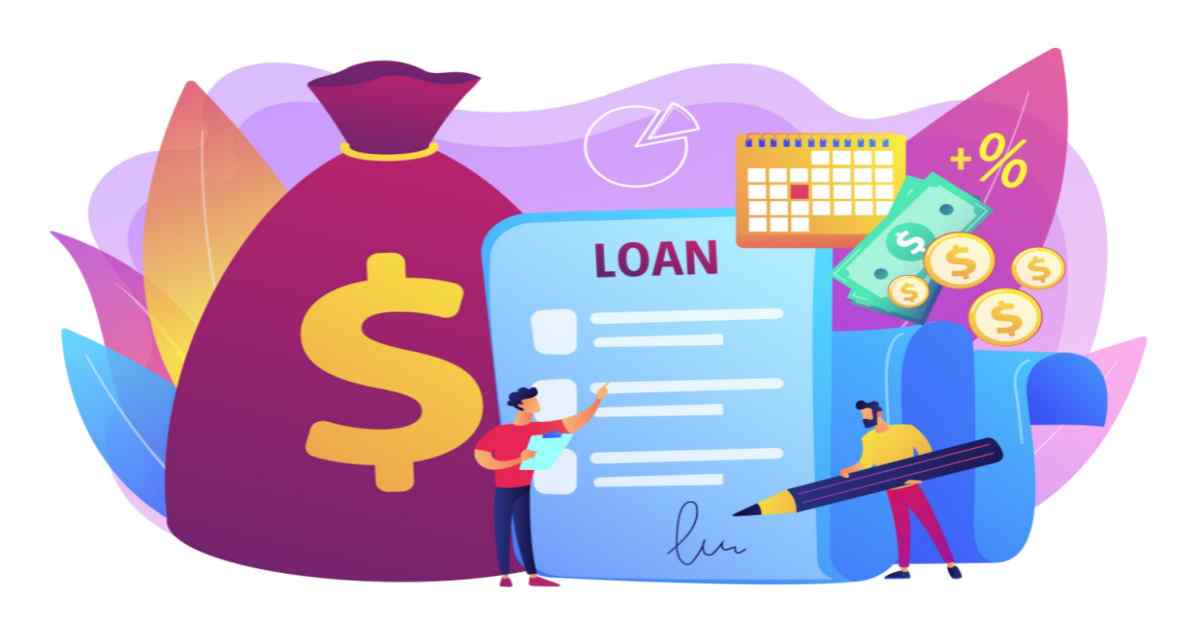

Submit the Form to Unlock the Best Deals Today
Help us assist you better
Check Your Eligibility Instantly

Experience The NoBrokerHood Difference!
Set up a demo for the entire community
Personal Loans vs Home Loans: Find the Best Fit for your Financial Needs
Table of Contents
When obtaining a loan, deciding which option is the best for your situation can be challenging. On the one hand, you've got your trusty old personal loan, reliable and always there for you.
But on the other, there's the alluring home loan, promising to help you build your dream home.
But which one is the right fit for your needs? In this article, we'll take a closer look at the ins and outs of these two loan options and help you decide which one is the knight in shining armour for your financial journey.
Quality Service Guarantee Or Painting Free

Get a rental agreement with doorstep delivery

Find the BEST deals and get unbelievable DISCOUNTS directly from builders!

5-Star rated painters, premium paints and services at the BEST PRICES!
What is a Personal Loan?

A personal loan is unsecured financial assistance offered by financial institutions such as banks, credit unions, and online lenders. Personal loans can be used to consolidate debt, finance a home renovation, or cover unexpected expenses.
Personal loans typically have a fixed interest rate, a fixed term, and a fixed monthly payment. The interest rate and loan terms can vary depending on the lender's and borrower's creditworthiness.
The borrower is only required to provide proof of income and creditworthiness to qualify for a personal loan.
Advantages of Personal Loan
- Unsecured: Personal loans do not require any collateral, which means that the borrower does not have to put up any assets as security for the loan.
- Flexibility: Personal loans can be used for various purposes, such as consolidating debt, financing a home renovation, or covering unexpected expenses.
- Quick Approval: Personal loans can be approved quickly, usually within a few days or even hours, depending on the lender.
- Fixed Interest Rate: Personal loans typically have a fixed interest rate, which means that the interest rate will not change over the life of the loan. This makes it easier for the borrower to budget for the loan.
- Fixed Term: Personal loans have a fixed term, meaning that the loan will be paid off in a specific period, usually between 1-5 years. This allows the borrower to plan for the end of the loan and budget accordingly.
- Credit Score Improvement: If a personal loan is taken and paid on time, it can improve the borrower's credit score.
Disadvantages of Personal Loan
- High-interest rates: Personal loans often have higher interest rates than other types, such as mortgages or car loans. This can make the overall cost of borrowing more expensive.
- Credit score requirements: To qualify for a personal loan, you typically need a good credit score. If your credit score is low, you may not get a personal loan, or you may only be able to get a high-interest rate.
- Limited use: Personal loans are typically unsecured, which means they are not backed by collateral. This makes them less flexible than other types of loans, such as a home equity loan, which can be used for a specific purpose, such as home improvement.
- Repayment terms: Personal loans often have strict repayment terms, making it challenging to stay current on your payments if your financial situation changes.
- Default: Personal loan is also unsecured, so the creditor can't seize any property in case of default. But it can affect your credit score.
What is a Home Loan?

A home loan is a sum that is borrowed from a lender with your home as collateral. Usually, a home loan is used to purchase or refinance a home.
A Home loan demands a long-term commitment, but the right interest rates and repayment terms can make the process of owning a home much more manageable.
With a home loan, you can finally put down roots and create a space that feels like your own. It's not just a financial decision; it's an emotional one too. It's an investment in your future and where you'll make countless memories with your loved ones.
Advantages of Home Loan
- Affordable: A home loan allows you to purchase a property you might not have been able to afford with cash. It also allows you to spread the cost of the property over a more extended time, making it more affordable.
- Tax benefits: Homeowners can enjoy tax deductions under Section 80C and Section 24(b) of the Income Tax Act, 1961, on the principal and interest paid on their home loans.
- Forced savings: Since you will be paying a fixed EMI (Equated Monthly Instalment) for a home loan, it can help in forced savings and help you build equity.
Disadvantages of Home Loan
- Long-term commitment: Home loans are long-term commitments, typically spanning 15-30 years. This can be a disadvantage if your circumstances change and you need to move or sell the property.
- Interest rates: Home loans typically come with higher interest rates than other borrowing forms, making the overall cost of borrowing more expensive.
- Risk of foreclosure: If you fail to make your loan payments, you risk losing your home to foreclosure.
- Tying up of funds: A home loan ties up a significant portion of your savings, limiting your ability to invest in other opportunities.
Personal Loan vs Home Loan: A Comprehensive Comparison

When considering a loan, it can be challenging to determine which type is best for your needs. Two popular options are personal loans and home loans. While both can provide you with the funds you need, they have significant differences in terms of interest rates, repayment terms, and the purpose of the loan.
Let’s explore the differences between personal and home loans to help you decide which type is best for your specific needs.
Interest Rate
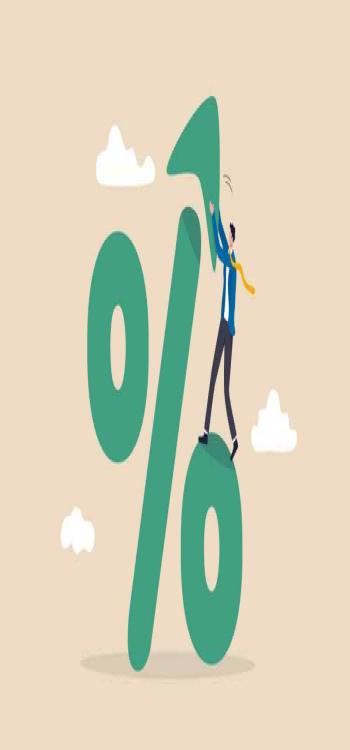
Interest rate is the percentage of the loan amount a lender charges for borrowing money. It is typically calculated as a percentage of the principal loan amount and is charged over a period of time, such as a year.
Personal loans generally have a higher interest rate than home loans because they are unsecured, meaning they do not require any collateral, making them riskier for lenders. On the other hand, home loans are secured by the purchased property, making them less risky for lenders and resulting in lower interest rates.
Sanctioned Loan Amount

A sanctioned loan amount is the sum of money that a financial institution has agreed to lend to a borrower. The lender determines this amount based on the borrower's creditworthiness, income, and ability to repay the loan.
The loan amount for personal loans is generally lower than for home loans. Personal loans can be used for various purposes, typically ranging from INR 50,000 to INR 40,00,000. Home loans, however, are explicitly used for purchasing or renovating a home, and the loan amount can range up to INR 10 crores.
Loan Tenure

Loan tenure refers to the time over which a loan is to be repaid. It is the period between the loan disbursement date and the final repayment date and can be measured in months or years.
Personal loans usually have a shorter tenure than home loans. Personal loans can range from 1 to 5 years, while home loans can range from 15 to 30 years. This is because a home loan is used to purchase a house, which is a long-term investment.
Collateral

Collateral refers to an asset that a borrower pledges as security for a loan. This means the lender can seize the collateral if the borrower defaults on the loan.
A personal loan is an unsecured loan which does not require collateral. A home loan is a secured loan wherein the borrower's property serves as collateral. If the borrower defaults on the loan, the lender can foreclose on the home.
Credit Score

A credit score is a numerical value that represents an individual's creditworthiness. It is based on an individual's credit history analysis, including information on credit accounts, outstanding debt, and payment history. A credit score is essential to avail of a loan because lenders use it as a way to evaluate the risk of lending money to an individual.
A favourable credit score above 750 is a requirement for both personal and home loans. However, in the case of a home loan, the lender may also consider the borrower's income and the value of the purchased property.
Loan Disbursal
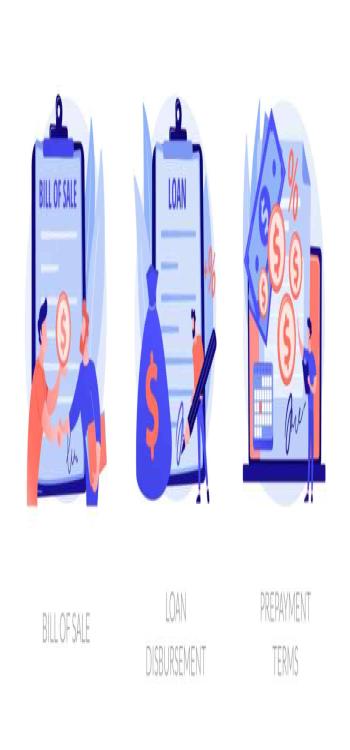
Loan disbursal refers to the process of releasing funds from a lender to a borrower after all necessary paperwork and conditions have been satisfied. This typically occurs after the loan has been approved and all required documents have been submitted.
The loan disbursal process for a home loan is generally longer than that of a personal loan. A home loan may take up to 2-5 business days, whereas personal loans are usually disbursed within 48 hours of approval. This is because a home loan requires more documentation, and the lender needs to evaluate the property before disbursing the loan.
Processing Fees
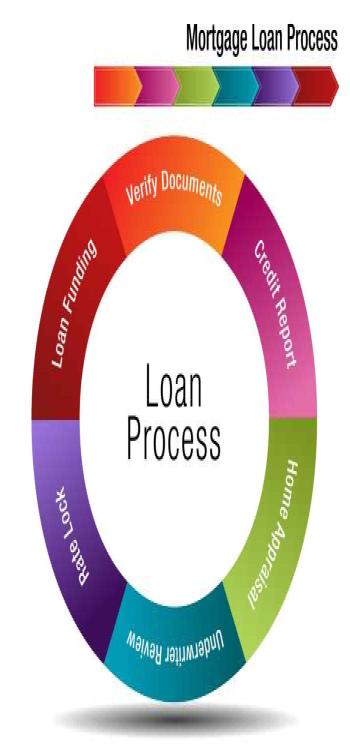
Processing fees refer to the charges a lender imposes on a borrower to process and approve their loan application. These fees include credit check fees, application fees, and documentation fees.
Home loans generally have higher processing fees than personal loans because they are larger and more complex transactions. The lender will typically conduct a more extensive review of the borrower's financial situation and the purchased property, which can increase the cost of processing the loan. Home loans may also involve additional charges, such as appraisal fees and title insurance, which can contribute to higher processing fees.
Tax Benefits offered by the Government of India for Personal vs Home Loan

Personal loans do not have tax benefits, as they are typically used for consumption or personal expenses. However, home loans may have tax benefits because they are used to purchase a property, considered a long-term asset.
In accordance with Income Tax Act 1961, for a home loan, the interest paid on a home loan is eligible for tax deductions under Section 24(b). An individual can claim a deduction of up to INR 2 lakhs on the interest paid on a home loan for a self-occupied property. For a let-out property, there is no upper limit on the tax deduction on the interest paid.
Additionally, if a person has taken a home loan to buy or construct a house, they can claim a tax deduction of up to INR 1.5 lakhs under Section 80C of the Income Tax Act, 1961, for the principal repayment of the loan.
How is a Home Loan a Better Option?

A home loan is often considered a better option for financing the purchase of a home, as it offers a variety of benefits that other forms of financing may not provide.
- Firstly, a home loan allows you to purchase a home with a relatively small down payment. Hence, you can become a homeowner without saving up a significant amount for a down payment, which can take many years.
- Secondly, a home loan offers a low-interest rate, making it more affordable to repay. The interest rate on a home loan is usually lower than that of a personal loan or credit card, which means you'll pay less in interest over the life of the loan.
- Thirdly, a home loan also offers tax benefits. In many cases, the interest paid on a home loan is tax-deductible, which can save you thousands of dollars over the life of the loan.
- Lastly, a home loan also allows you to build equity in your home. As you pay off your loan, you'll own more of your home, which can increase in value over time. This equity can be used as collateral for future loans, such as a home equity loan or line of credit, or as a source of funds during retirement.
How can NoBroker Help?
NoBroker is a real estate platform that helps individuals find rental properties and home loans. They assist customers in finding suitable home loans by connecting them with financial institutions and banks that offer home loan products.
Let NoBroker handle the finances for your dream home. We'll secure the best loan rates and assign a personal Loan Manager to guide you through the process. Get your loan disbursed in 72 hours by checking your eligibility on the link below.
Frequently Asked Questions
You can use a personal loan for debt consolidation, home improvements, or emergencies. Personal loans are unsecured. A home loan is a secured loan explicitly used to buy or refinance a home.
Interest rates on personal loans are generally higher than on home loans because they are unsecured, and the lender is taking on more risk. Home loans are secured by the property being purchased, which reduces the risk for the lender and results in lower interest rates.
Yes, personal loans can be used to purchase a house. However, personal loans are typically used for smaller purchases or to consolidate debt. You will need to secure a loan from a financial institution or lender in order to purchase a house.
The repayment period for personal loans can vary, typically between 1 and 5 years. The repayment period for home loans is typically between 15 and 30 years.
Personal and home loans may have additional origination fees, application fees, and closing costs. However, home loans may also have other expenses like property taxes, insurance, and maintenance costs. It's essential to understand all the costs associated with both types of loans before making a decision.
Recommended Reading

Get an Instant ₹1,000 Personal Loan with Quick Approval
December 20, 2024
469+ views
Loved what you read? Share it with others!
Most Viewed Articles

Home Loan Interest Rates for All Banks in November 2025
November 3, 2024
25550+ views

ICICI Home Loan Interest Rates - Updated in November 2025
November 3, 2024
22889+ views
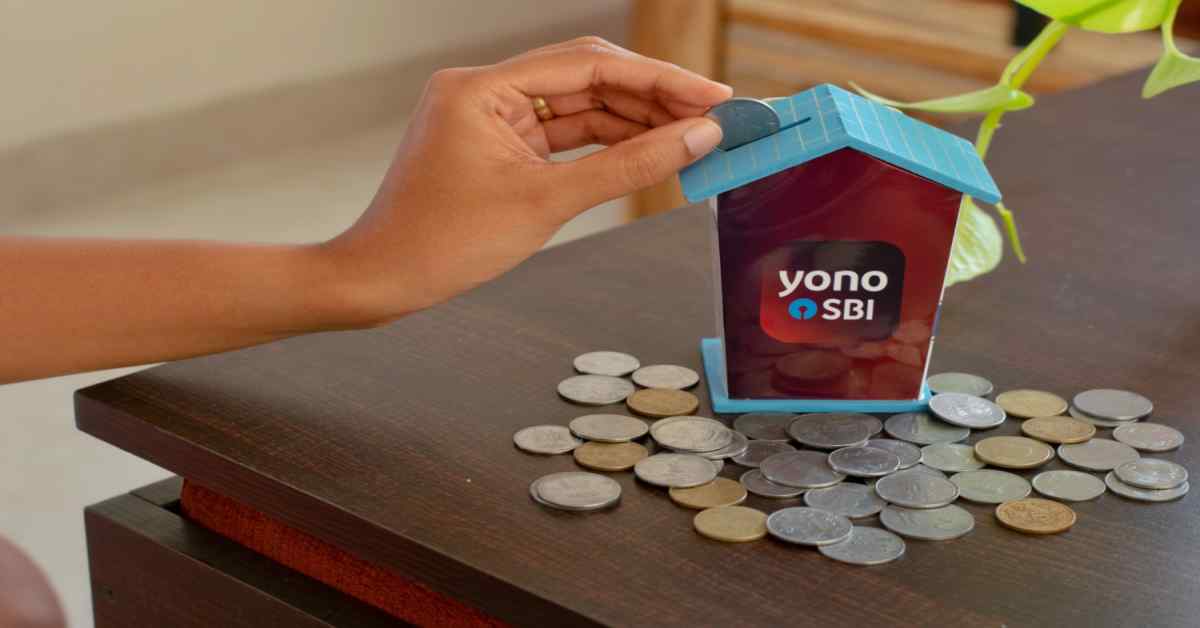
SBI Home Loan Interest Rates - Updated in January 2025
January 16, 2025
22339+ views
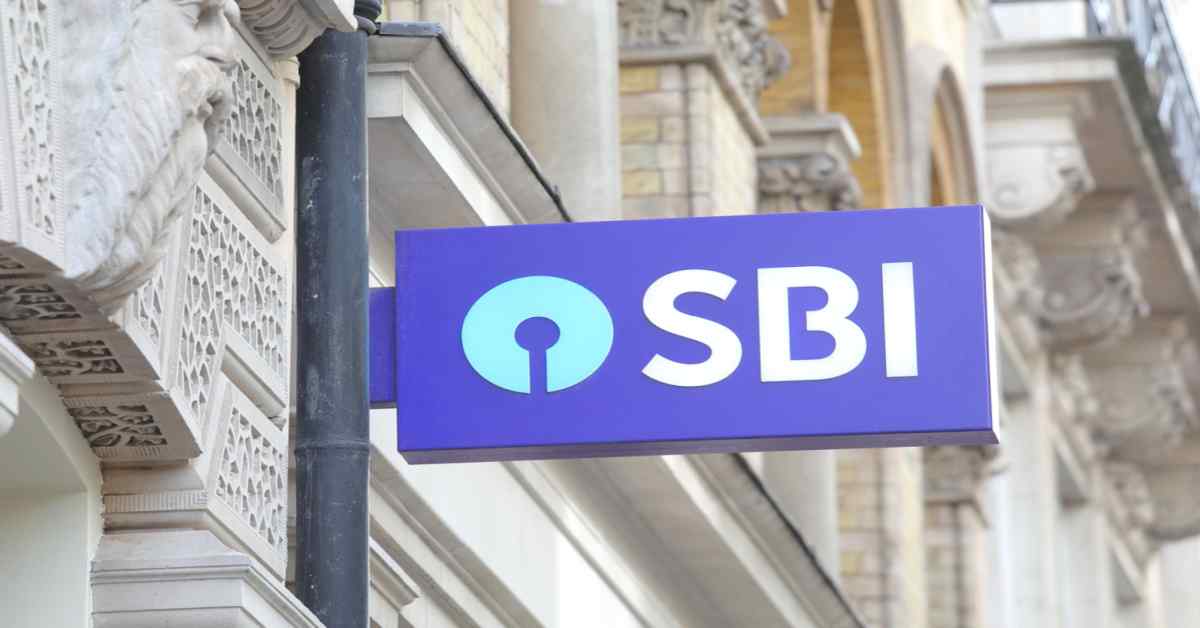
SBI Home Loan Interest Certificate: Benefits, Offline and Online Options, Get via Yono App in 2025
December 23, 2024
19181+ views

HDFC Bank Holidays: State-Wise List of Holidays for HDFC Bank in 2025
January 8, 2025
16859+ views
Recent blogs in
January 18, 2025 by Priyanka Saha
SBI Home Loan Interest Rates - Updated in January 2025
January 16, 2025 by Siri Hegde K
Home Loan Overdraft Facility in India
January 15, 2025 by Krishnanunni H M
The Subvention Scheme: Meaning, Importance,and More
January 15, 2025 by Kruthi
1.5 Crore Home Loan EMI With Calculator And Interest Rates 2025
January 15, 2025 by Siri Hegde K



Join the conversation!